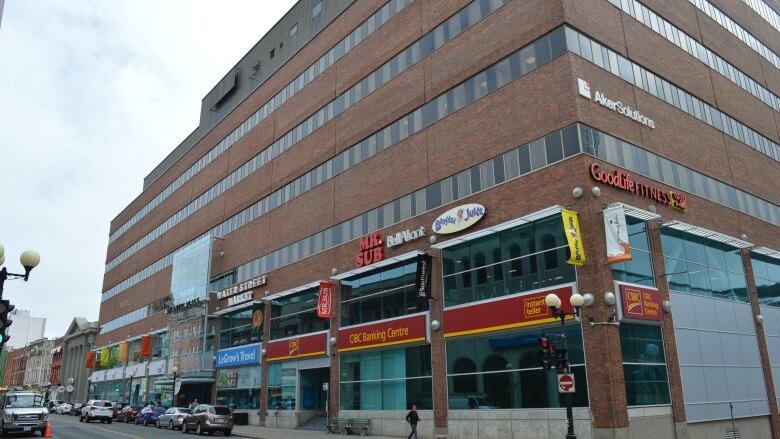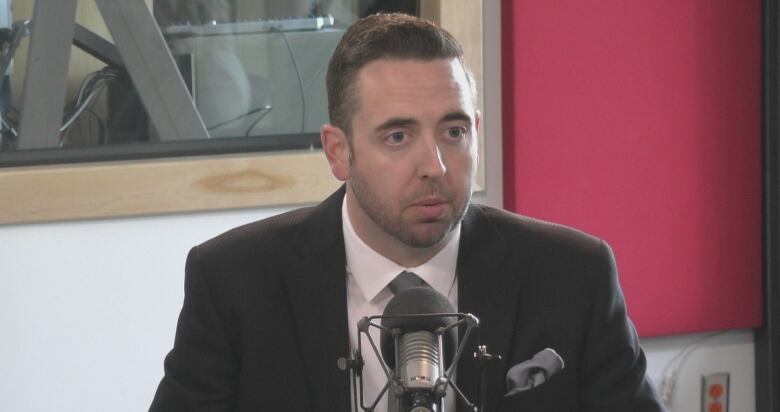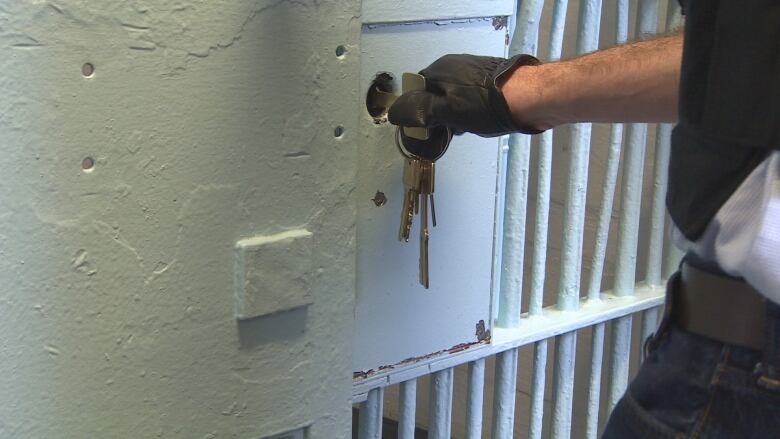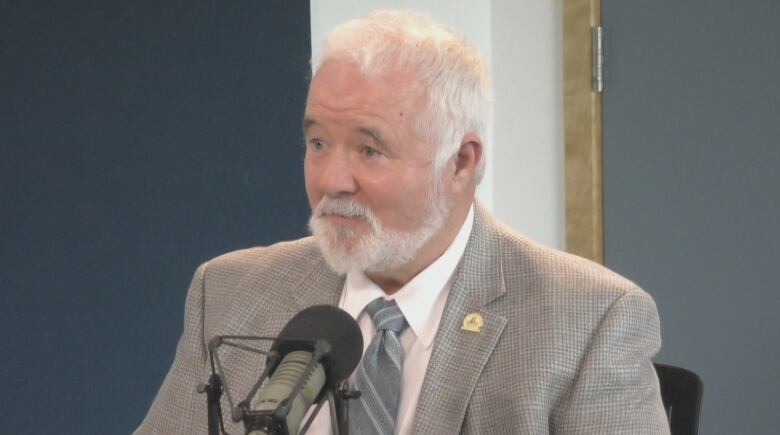St. John's getting new drug treatment court in 2018
'What we're doing right now doesn't work,' Justice Minister Andrew Parsons says

The Newfoundland and Labrador government is introducing anew drug treatment court pilot project in 2018.
Justice and Public Safety Minister Andrew Parsons made the announcementon CBC's St. John's Morning Show on Wednesday.

"It's a way of trying an alternative method to justice," Parsons said."Because what we're doing right now doesn't work."
There has to be an assessment done and public safety has to be a component of this.- Andrew Parsons
The court, which will open in 2018 and will be housed inthe provincial court in the Atlantic Place building in St. John's,is meantfor offenders with serious drug addictions, who commit non-violent, drug-motivated crimes.
The pilot project will last roughly two years, and was started following a $30,000 feasibility study, which recognized that as many as 80 per cent of all federal offenders have pastor present substance abuse issues.
Both the funding for the study, and$120,000 for its implementation, came from the federal government. Parsons said his department hopes to expand the court to other areas of the province once the pilot is completed.
Getting to the root of crime
Parsons admits this province is behind other parts of Canada, where there have been drug treatment courts for years.
The special court will take a different approach to issuing justice, and will look at underlying problems that contribute to criminal behaviour.

It will have a unique focus on court-monitored treatment, random and frequent drug testing, incentives and sanction, clinical case management and social services support.
The person is getting out of custody is still addicted.- Lawyer John Duggan
Parsons said the court will be different in that it will involve several different government departments coming together for what is described as a "holistic" approach.
Other options, aside fromincarceration will be used, and Parsonssaid people shouldn't be afraid that the court will mean dangerous people being allowed back in public.
- Sifting through the system: criminal justice summit finding fixes
- $30K study into possible drug treatment court in N.L.
"This is nota case of just taking someone, and because they have a drug addiction saying 'Oh well, that explains everything," he said. "There has to be an assessment done and public safety has to be a component of this."
Lawyer John Dugganhas been researching drug treatment courts for years, and was heavily involved in the feasibility study into the launch of this one.

He said Newfoundland and Labrador is behind other provinces because it hasn't been getting to the root of drug-related crime, and insteadjust putting people in jail and then releasing them back into society with the same underlying issues.
"The person is getting out of custody is still addicted," he said.
"So the drug treatment court is going to be dealing with the addiction itself and trying to change the person's life so that when they either get out of prison or are ultimately sentenced, then they have the tools and skills to be able to deal with life's challenges."
WIth files from St. John's Morning Show












_(720p).jpg)


 OFFICIAL HD MUSIC VIDEO.jpg)
.jpg)



























































































